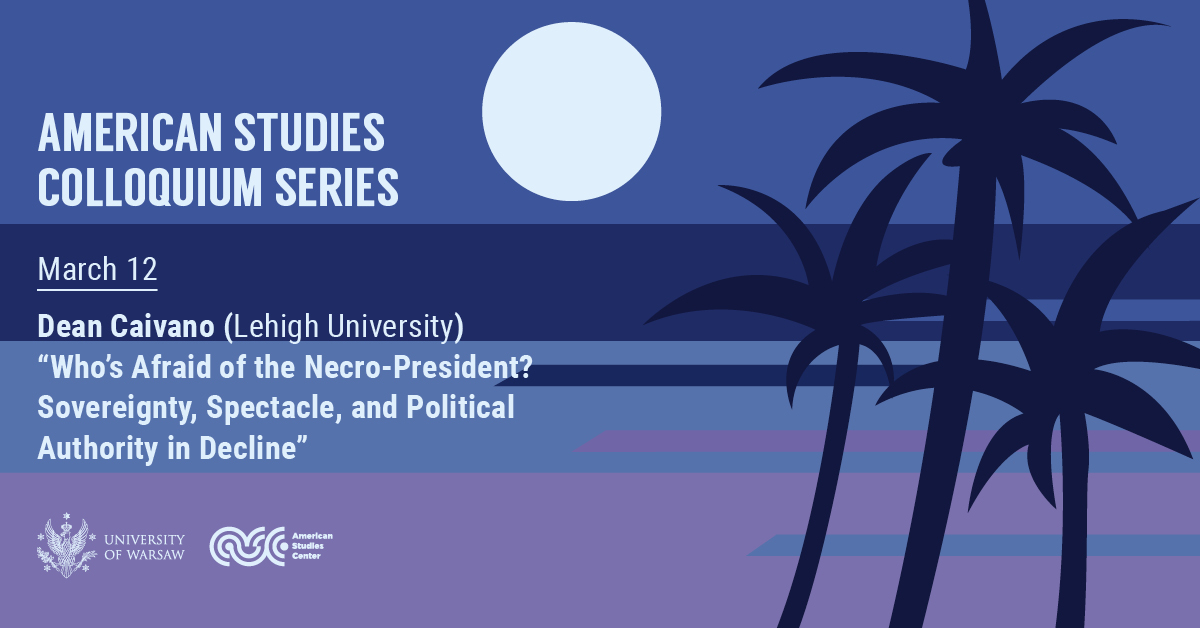Leadership Studies Section invites you to a special online conversation about the American South
Old South – New South
and the 2020 Elections
Wednesday, December 9, 2020
at 6:00p.m.
Where?
This is an online event. To attend, click the button below or enter https://us02web.zoom.us/j/86797763486 into your browser, and join the meeting.
Who?
Our guest speakers from the Walker Institute for International and Area Studies, University of South Carolina, Columbia SC will be:
Robert Henry Cox, Director, Professor of Political Science and
Judit Trunkos, Ph.D., Research Affiliate, Political Science.
The conversation will be moderated by prof. Bohdan Szklarski, ASC UW, the Head of the Leadership Studies Section.
What?
Some issues to be addressed by the speakers:
What is at stake in the January 5th runoffs in GA?
What went right/wrong for Democrats and Republicans in the region
What are the possible future strategies for both major parties?
Is class replacing race as the major basis of party appeal?
Why the Senatorial races in KY and SC which were to be close ended up almost a landslide?
Black vote and Black voters can they be taken for granted by the Democrats?
What about the Hispanic voters in the region?
New leadership Stacey Abrams vs old leadership Jim Clyburn is there a change coming?




